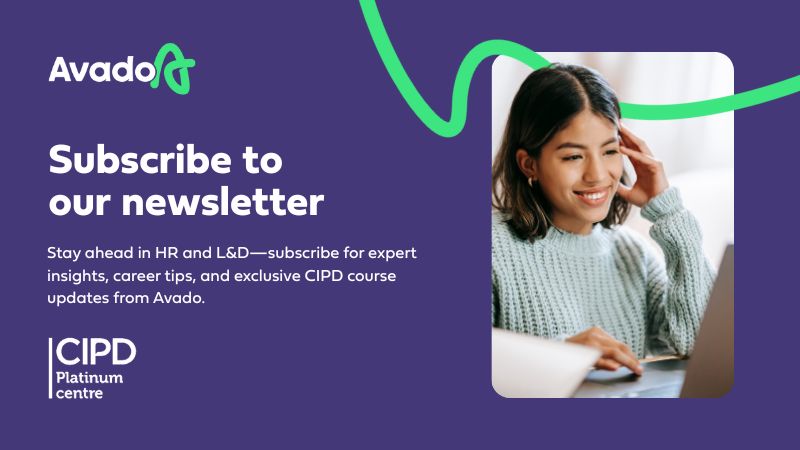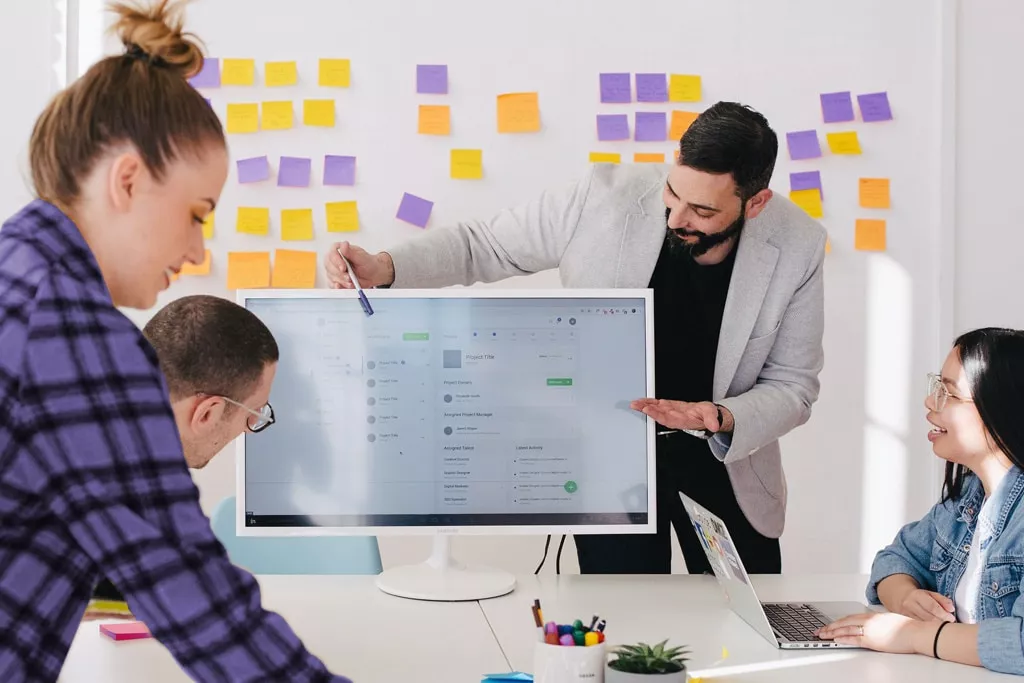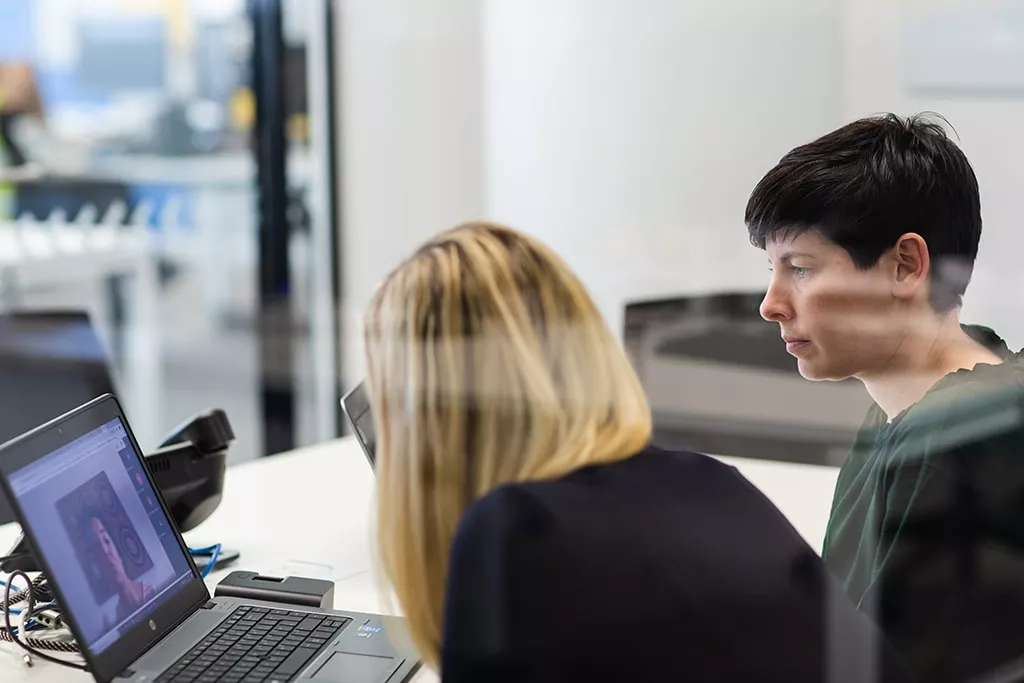The COVID Recovery Commission, a UK-based advisory group and policy panel studying the impact of the COVID crisis on businesses and innovation, just released a new report called Building Back Together. This report, as the name suggests, outlines how organisations can work harder and better on the other side of the crisis. Five areas of focus came out of the report, and among them is the need to invest in the skills of the future. Keep reading for our reflections on the report’s findings and the incoming skills shortage.
Why employers should invest in skill development
According to the Commissions’ report, by 2030, about five million workers in the UK will be lacking in basic digital skills. On top of that, another 2.1 million workers will be under-skilled in at least one core management skill, and 1.5 will be missing at least one STEM skill. Organisations clearly need to make moves or risk having a seriously under-skilled workforce, but it’s no easy feat to face the challenges.
“There’s also a return on investment challenge with organisational learning,” says Dean Corbett, Avado’s Chief People Officer, reflecting on the report. “The benefits are often intangible which is often not appreciated by the more financially-minded leaders. The learning profession has an opportunity now to show the more tangible benefits of investment in learning. This is what will drive an improvement in the necessary organisational capabilities for the future.”
Achieving those capabilities takes funding in specific kinds of training and careful support of workers while they learn, and if an organisation can achieve those things, they can turn it around. Employers also need to provide data to help inform public policy decisions and training provisions, which could be an important learning as we recover from the pandemic.
Focusing on young people
Another important finding from the Commissions’s report was that upskilling needs to be offered particularly to people who were disadvantaged the most by the pandemic. One of those groups is young people, and to illustrate how organisations can help develop young people’s skills, the report highlighted Avado’s FastFutures programme.
Built over a 10-week period last summer, FastFutures delivers a unique blend of online learning across data, digital marketing, finance and innovation. Since August, the programme has received more than 11,000 applications, and 1,000 learners graduated in December. The next cohort began in January with 1,100 learners enrolled. Thanks to an assessment process that looks at cognitive skills and behaviours rather than background or education, FastFutures participants are diverse, with 47% BAME, 55% from a lower socio-economic background, 61% are female, 10% are members of the LGBTQIA+ community, and 7% have a disability or learning difficulty.
The FastFutures model works, and according to a case study in the Commission’s report, 97% of graduates felt that their employability was increased, while 34% are being selected for more interviews, and 20% have already found jobs. We estimate that 50% of FastFutures graduates will be working within 6 months of their graduation, and we hope to help 10,000 people upskill before the end of this year. Employers have also worked to recruit more than 1,000 mentors, demonstrating that the programme is great for employee engagement.
The digital skills gap
The incoming digital skills gap mentioned above might not surprise you, and it doesn’t surprise us here at Avado, either. But, with the recent story from the BBC about the UK heading towards a digital skills disaster, it’s clear that more and more people are understanding the toll it could take. According to The Learning & Work Institute’s research cited in the story, 70% of young people expect employers to invest in teaching them digital skills on the job. Unfortunately, only half of the employers surveyed said they were able to provide that training.
“I believe the financial volatility since the ’08 financial crisis drove a reduction in spending in organisations on learning,” says Dean. “Leadership development and digital skills learning for example were probably cut alongside a number of other learning investments. I would imagine that this never recovered properly, and then COVID arrived. By the time businesses realised why they needed great leadership behaviour and digital capabilities, when COVID hit, it was probably too late for a lot of organisations.”
Along with increasing their capacity to upskill their employees, organisations also need to consider how they deliver that learning. It needs to be immersive and include technology like AI and VR. It also needs to be flexible in terms of both location and time. Combining all of these elements will help change learning, creating both tangible and commercial benefits.
About Avado
About Avado
At Avado, we believe that true transformation isn’t digital, it’s human. We build professional future skills to help diverse talent access and accelerate careers through award-winning learning experiences that deliver tangible and measurable impact. We upskill people, uplift culture and future-proof organisations in a fast-moving world.
Avado is proud to be a people-transformation partner to some of the largest and most innovative organisations in the UK including: Google, BT, NHS, British Airways, UK Civil Service, Legal & General and AstraZeneca.
To find out more, visit www.avadolearning.com

 5 min read
5 min read 

